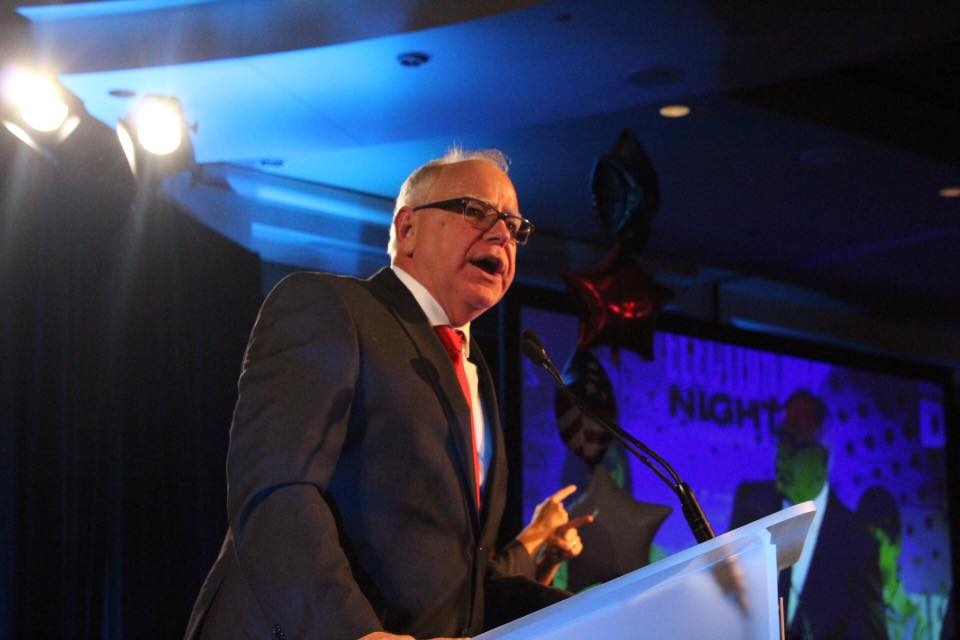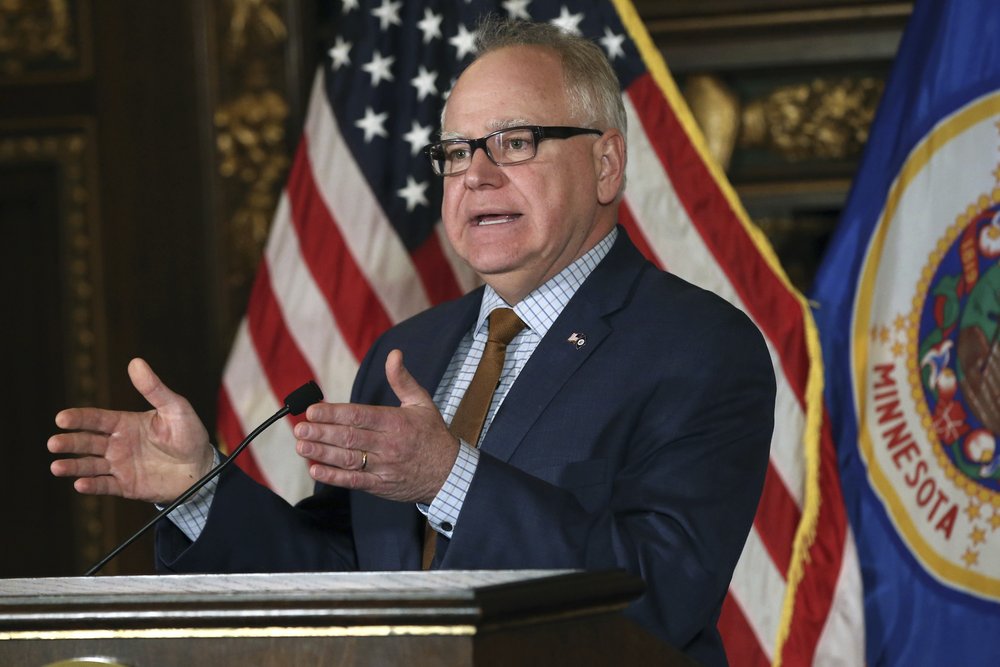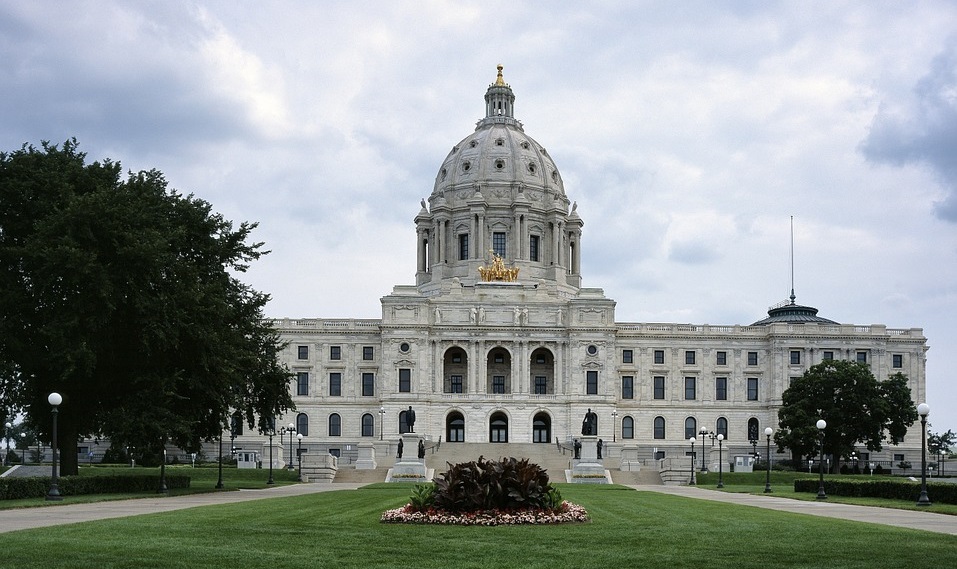Local News
Gov. Dayton vetoes Minnesota tax, spending bills

Top Republicans say Gov. Mark Dayton’s decision to veto major tax and spending bills was vindictive.
The 990-page bill, however, was introduced just 2.5 hours before it was up for final vote in the Legislature and, Dayton says it was riddled with controversial policy provisions.
Dayton said a so-called tax conformity bill didn’t do enough for middle-class taxpayers and criticized a major spending package as being stuffed with objectionable policy.
“This terrible bill and the resulting veto are your creations. Never have I seen a legislative session so badly mismanaged, less transparent, and more beholden to monied special interests,” Dayton said in his veto letter on the Republican Tax Bill. “I am vetoing this bill because of its misguided priorities that give tax cuts to corporations and the wealthy over the education of our children.”
The Legislature had already passed a two-year budget last year. Dayton’s veto means some major tweaks and top priorities won’t become law.
Dayton said the Republican tax bill was skewed too heavily toward corporations and wealthier residents, noting a modest income tax rate cut would net larger benefits for the highest earners. The bill would have protected multinational corporations from paying nearly $200 million in state taxes on profits they have sheltered overseas.
He called the bills a result of political gamesmanship and not sound policymaking.
“They wanted their talking points, they wanted re-election, election campaign slogans,” Dayton said. “And that’s exactly what they’re already doing. Reaching an agreement with me was not part of their game plan.”
Republican Senate Majority Leader Paul Gazelka and House Speaker Kurt Daudt said they were blindsided by the vetoes, with Daudt lashing out at Dayton: “This session isn’t a failure. Our governor is a failure.”
Gazelka rattled off a long list of Minnesota residents who he said would be harmed by Dayton’s decision, including people with disabilities and their caretakers who face a budget cut, and Secretary of State Steve Simon, who needed authorization to access federal money to boost election cybersecurity.
Simon, however said lawmakers chose the “riskiest path” by putting it in a bill Dayton repeatedly promised to veto. Simon said he repeatedly asked lawmakers to put the language in a non-controversial, stand-alone bill that Dayton would sign.
Simon says lawmakers “gambled and lost,” leaving the state with a “bad and completely avoidable outcome.” Simon does expect Russian operatives to try again to hack the 2018 elections.
Dayton accused Republicans of loading up a massive budget bill to try to force his signature, including funding for opioid abuse prevention and revamping oversight of senior care facilities. Republicans argued they removed more than half of the provisions Dayton had demanded be pulled out and stressed they provided $225 million to 59 Minnesota schools suffering budget shortfalls — though less than a quarter of that funding was new money.
Dayton called it “fake education funding.” He said Republicans denied a $137.9 million one-time emergency school aid fund. And, that 80 percent of the $225 million was already allocated for schools and the other 20 percent would have been transferred from state budget reserves.
Another marquee issue of the session remains unfinished. The Legislature needed to tweak its tax code to account for the big federal overhaul passed late last year.
Department of Revenue Commissioner Cynthia Bauerly, the state’s top tax official, said work is underway to make sure Minnesotans can still easily file their taxes even without a so-called conformity bill. She said no vendors such as TurboTax have indicated they would leave Minnesota or raise their prices, but that residents who itemize their taxes may need to answer more questions or provide more receipts.
Dayton downplayed the consequences of the legislative impasse, and reiterated that he would not call lawmakers back to try again in a special session. He suggested lawmakers could make corrections to the tax code when a new Legislature — and governor — returns in January.
“I’m not saying that’s a good way to approach this, but the sky is not falling,” he said. “It could and should have been avoided,” Dayton said.
Dayton isn’t seeking a third term. Members of the House, currently controlled by Republicans 77-56, are up for election in November. Senators are not on the ballot.




